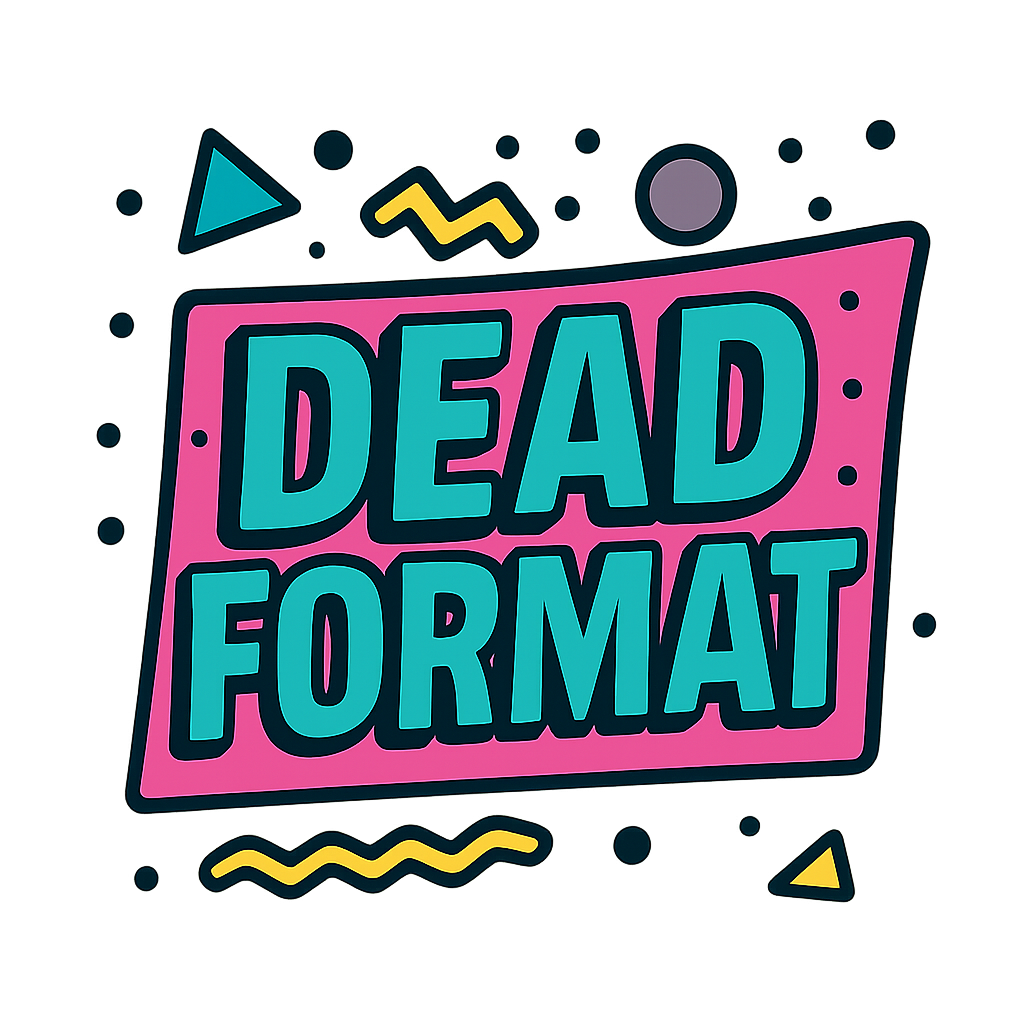After the emotional collapse of “Boiler,” Chocolate Starfish and the Hot Dog Flavoured Water takes a deep breath with “Hold On.” It’s a subdued, introspective song that serves as the album’s moment of reflection — a point where Fred Durst drops the mask entirely and allows the cracks to show. Featuring Scott Weiland of Stone Temple Pilots and DJ Lethal on keys and programming, “Hold On” feels like the eye of the storm after an hour of chaos.
Musically, it’s one of the album’s softest and most melodic tracks. There’s no distortion, no aggressive turntables, no explosive drumming — just a low, moody groove anchored by Sam Rivers’ bassline and Wes Borland’s ghostly guitar textures. John Otto’s drumming is restrained and jazzy, more about atmosphere than rhythm. The result is a dreamlike, almost cinematic track that sits closer to post-grunge balladry than nu-metal.
Weiland’s presence gives the song a whole different tone. His deep, smoky vocal contrasts with Durst’s vulnerability, and the two share verses like two sides of the same confession. Durst sounds fragile and weary — worlds away from the angry frontman of “Hot Dog” or “My Generation.” Weiland, meanwhile, brings a sense of mournful detachment, his voice carrying the kind of emotional weight that defined Stone Temple Pilots’ more introspective work.
Hold on, I’ve found another way to let you go away
Hold on, you’ve found another way to bleed my soul away
Lyrically, “Hold On” continues the emotional arc that began with “It’ll Be OK” and “Boiler.” It’s about learning to exist with pain rather than trying to erase it — about holding on to whatever fragments of yourself survive when everything else falls apart. There’s no resolution, no promise of healing, just acceptance. For a band so often defined by swagger and defiance, that quiet acceptance hits hard.
Scott Weiland’s cameo also gave “Hold On” a level of musical credibility that even critics couldn’t ignore. By 2000, Weiland was already an alt-rock veteran — unpredictable, charismatic, and respected — and his appearance here felt like an artistic co-sign. The combination of his melancholy delivery and Durst’s confessional tone gave the track unexpected depth.
Though it was never released as a single, “Hold On” quickly became a fan-favourite deep cut. It stood out not just because of its sound, but because of its sincerity. There’s no irony here, no self-parody — just two vocalists laying bare their exhaustion and trying to find meaning in survival.
In the context of the album, “Hold On” works like an emotional landing pad. After “Boiler”’s breakdown and before the closing chaos of “Rollin’ (Urban Assault Vehicle)” and “Outro,” it offers a rare glimpse of calm. It’s not hopeful, exactly — but it’s the closest Limp Bizkit ever come to peace.

